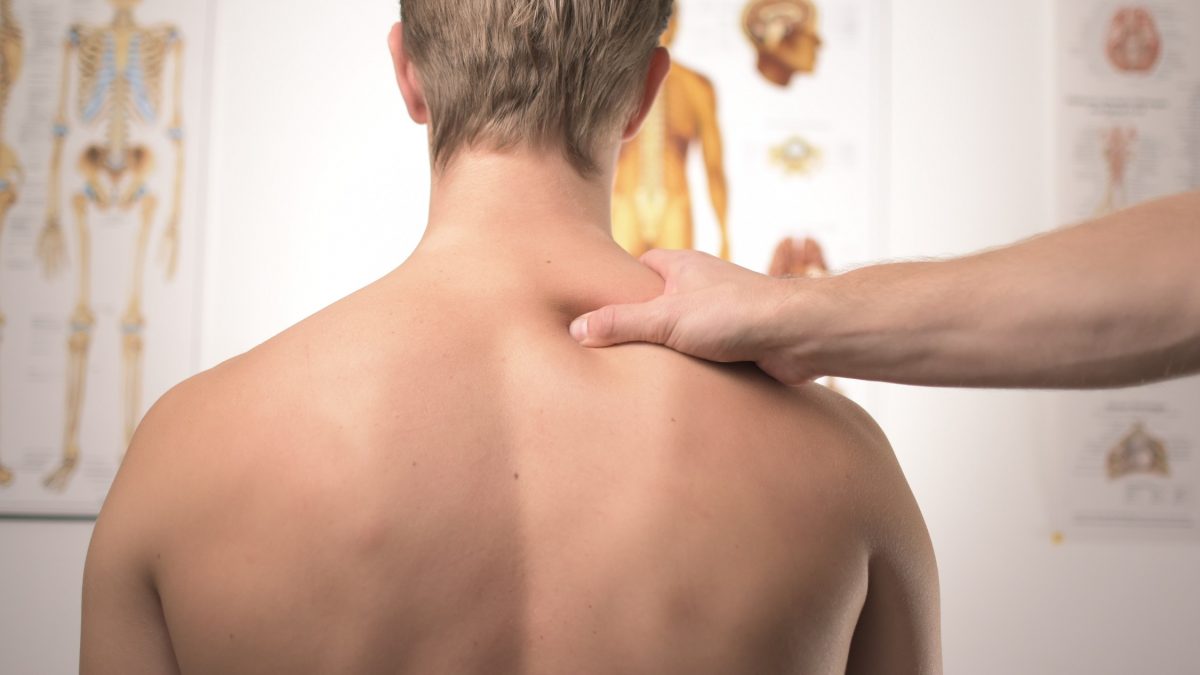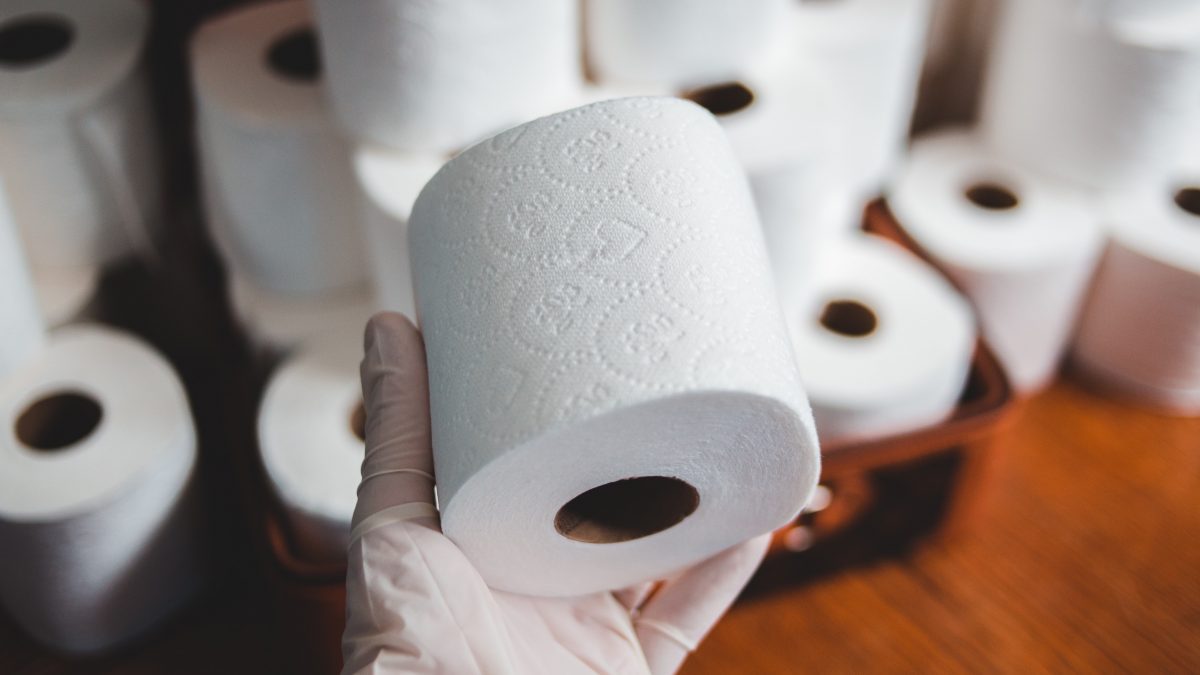This Week In Wellness social media giants Facebook and Youtube have increased their efforts to censor and “deplatform” debate around Covid19 lockdowns from lay people, scientists and experts alike whilst Twitter has maintained a more open approach and more and more people are flocking to MeWe, founded by entrepreneur and privacy advocate Mark Weinstein.
TWIW 59: Chiropractic maintenance reduces pain episodes

This Week In Wellness a study has shown that receiving Chiropractic care at regular planned intervals regardless of symptoms had more pain free weeks and shorter painful episodes of lower back pain compared to people who sought care “when needed”. The study was conducted in Sweden where 98% of all chiropractors who are members of… Continue reading TWIW 59: Chiropractic maintenance reduces pain episodes

